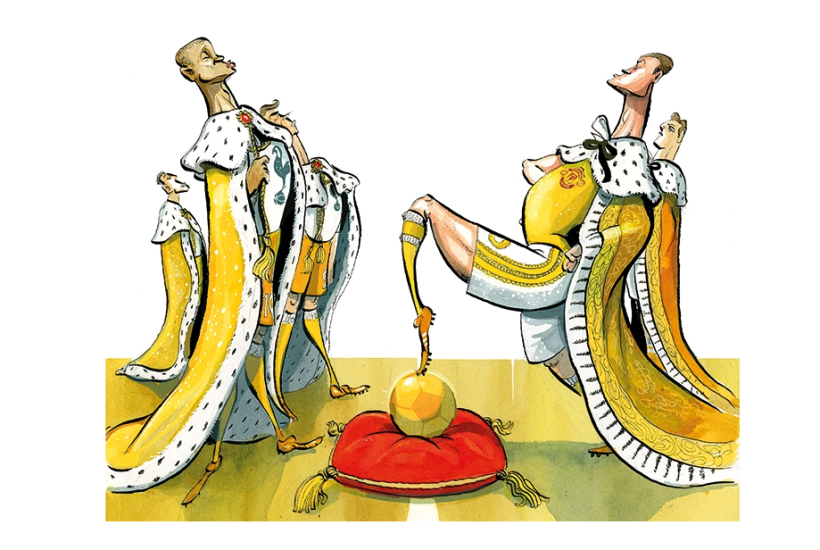Plans by the government to introduce a regulator to the football industry – endorsed by all Westminster parties just a year ago – have, to use jargon oddly appropriate in this case, been ‘kicked into the long grass’.
Truss is instinctively against regulating almost anything. When I asked her about the ‘fan-led’ Crouch Report on the campaign trail a few weeks back, she replied, not very cryptically, that she would apply a ‘very high bar’ to any new types of regulation.
Already a subscriber? Log in
Subscribe for just $2 a week
Try a month of The Spectator Australia absolutely free and without commitment. Not only that but – if you choose to continue – you’ll pay just $2 a week for your first year.
- Unlimited access to spectator.com.au and app
- The weekly edition on the Spectator Australia app
- Spectator podcasts and newsletters
- Full access to spectator.co.uk
Or




















Comments
Don't miss out
Join the conversation with other Spectator Australia readers. Subscribe to leave a comment.
SUBSCRIBEAlready a subscriber? Log in